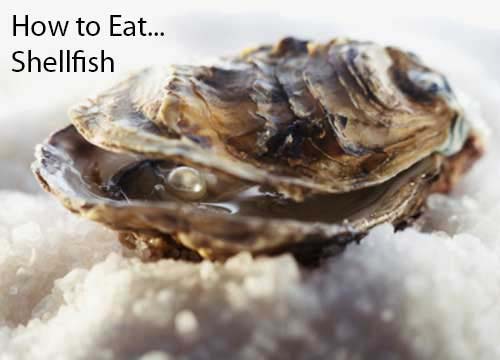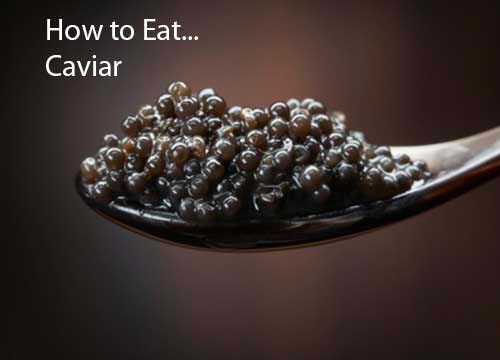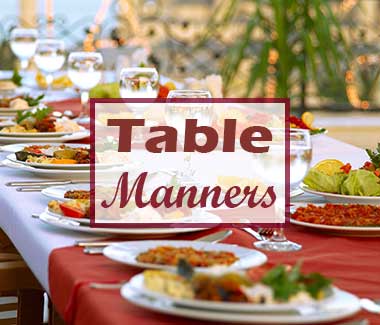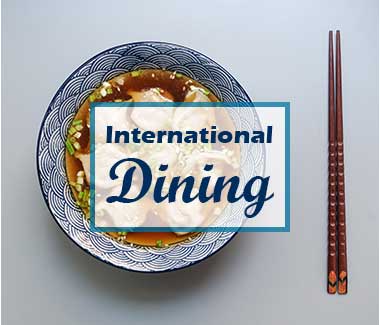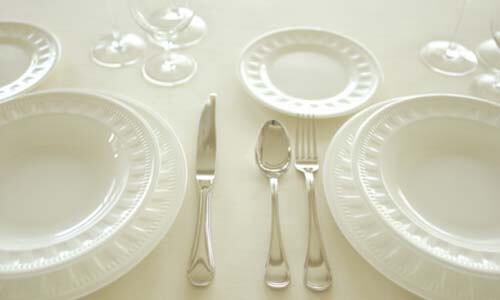Iranian Dining Etiquette
international dining etiquette
Dining etiquette for the home. If you are invited to an Iranian's house:
- Check to see if the host is wearing shoes. If not, remove yours at the door.
- Dress conservatively.
- Arrive at the invited time.
- Show respect for the elders by greeting them first.
- Check to see if your spouse is included in the invitation.
- Expect to be shown into the guests' room. It is usually lavishly furnished with European furniture.
- Shake everyone's hand individually.
- Accept any offer of food or drink. Remember to do 'taarof'.
table manners
Iranians are rather formal. Although some meals in the home are served on the floor and without eating utensils, it does not indicate a lack of decorum. In more modern homes, meals are served on a dining table with place settings.
Wait to be told where to sit.
Eat only with the right hand.
Try a bit if everything that is served.
Meals are generally served family-style.
Most tables are set with a spoon and fork only.
There is often more food than you can eat. Part of Iranian hospitality is to shower guests with abundance.
Expect to be offered second and even third helpings. Initial refusals will be assumed to be polite gestures (taarof again!) and are not taken seriously.
Leave some food on your plate when you have finished eating.
Restaurants generally have two sections - "family" where women and families dine and "men only". Tips of between 10 and 15% are appreciated in hotel restaurants.
As a guest, you will be invited to start eating first. Toasts are not part of dining protocol. Always comment on the food if at someone's home - the term 'daste shoma dard nakone'[literally 'may your hand not hurt'] is used to thank someone for doing something for you.

related:
middle eastern dining etiquette
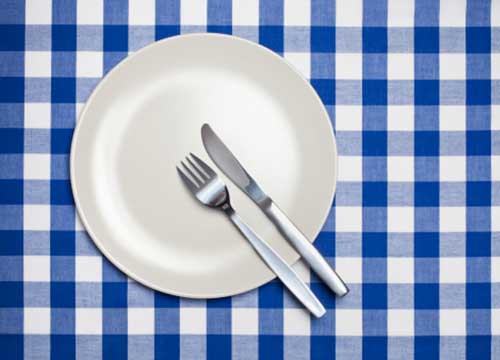
Our resting utensils etiquette section covers the rules (american and continental) for resting your utensils when taking a break from eating, when you are finished eating, and when you are passing food [...]
Read More
